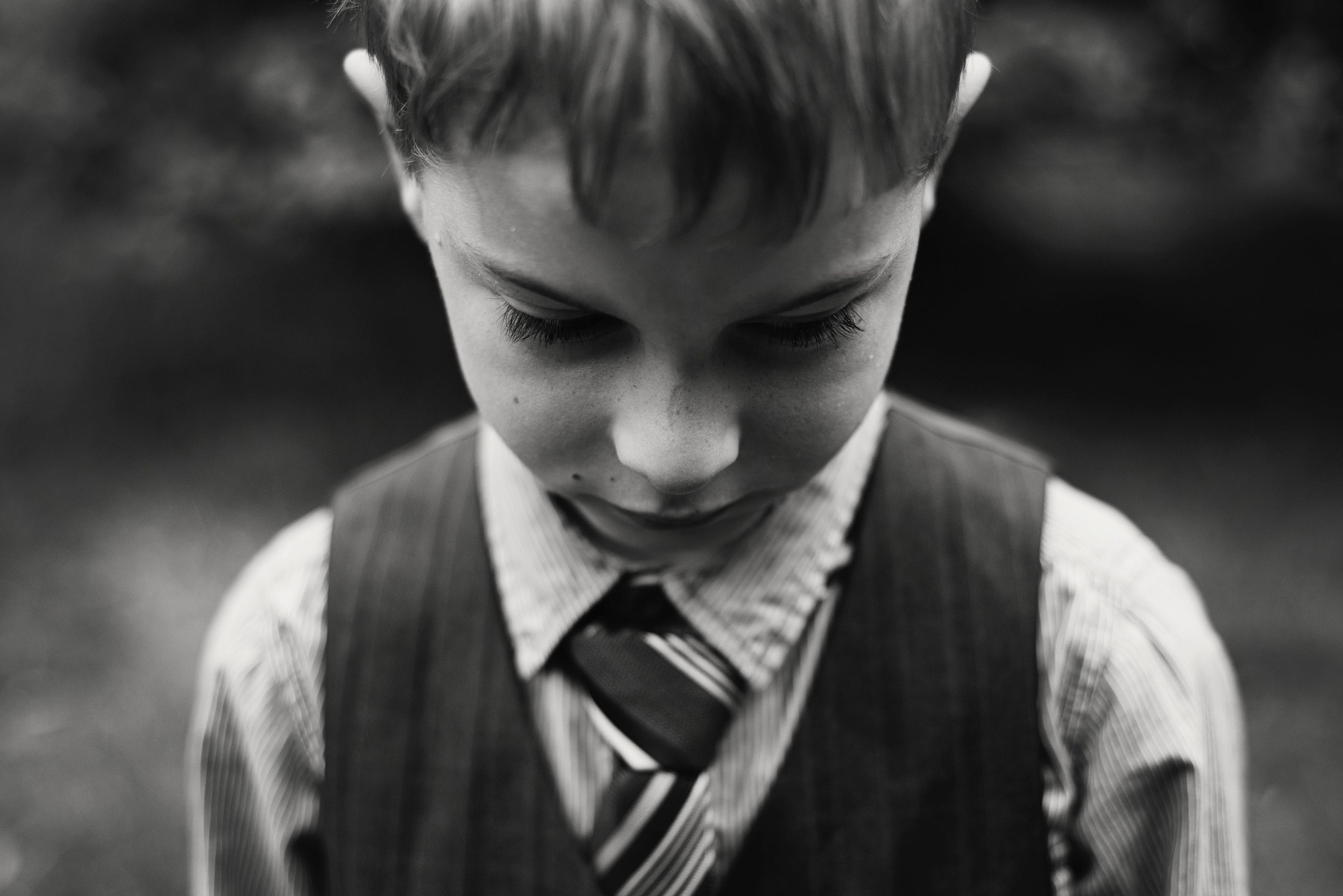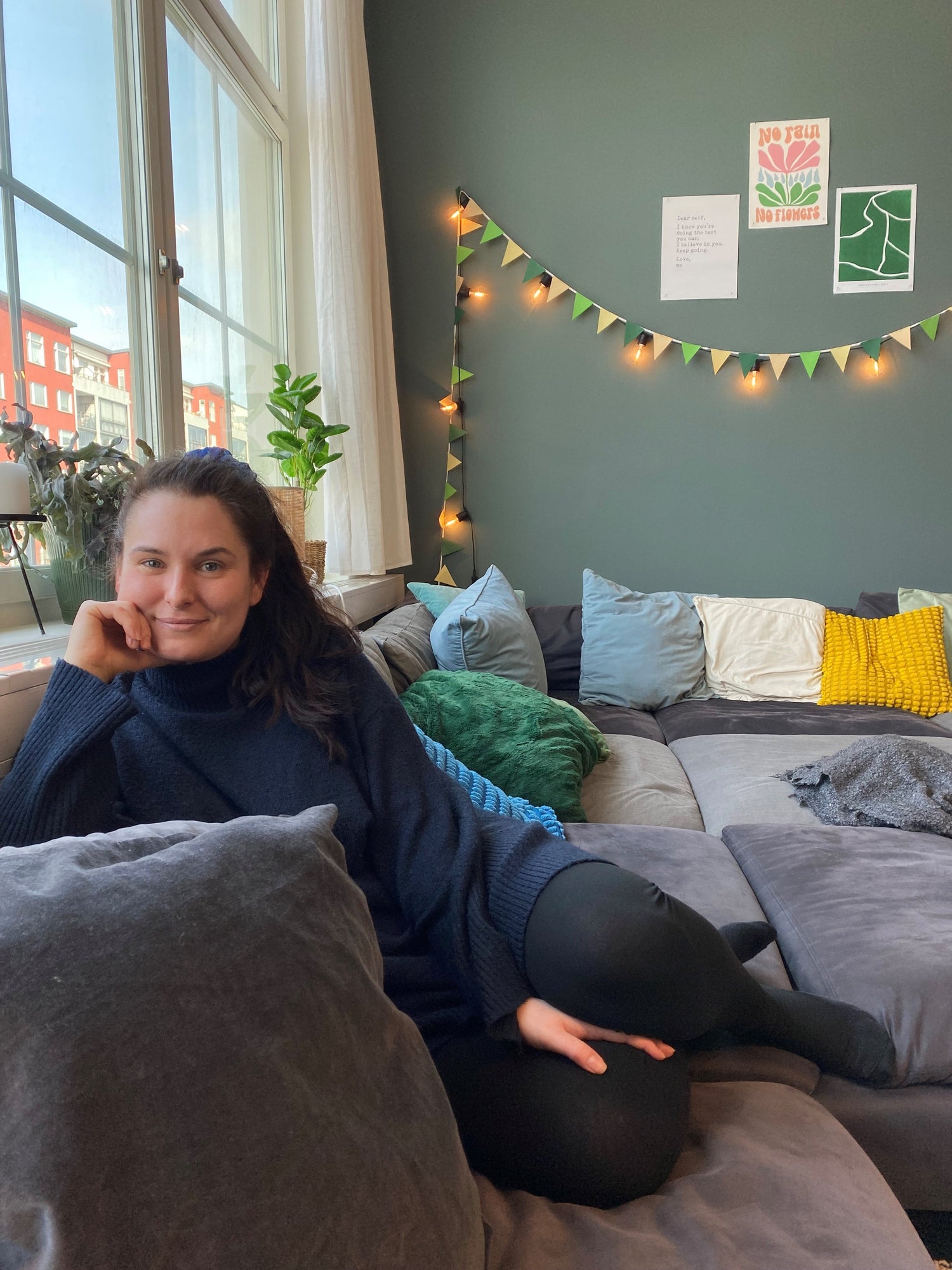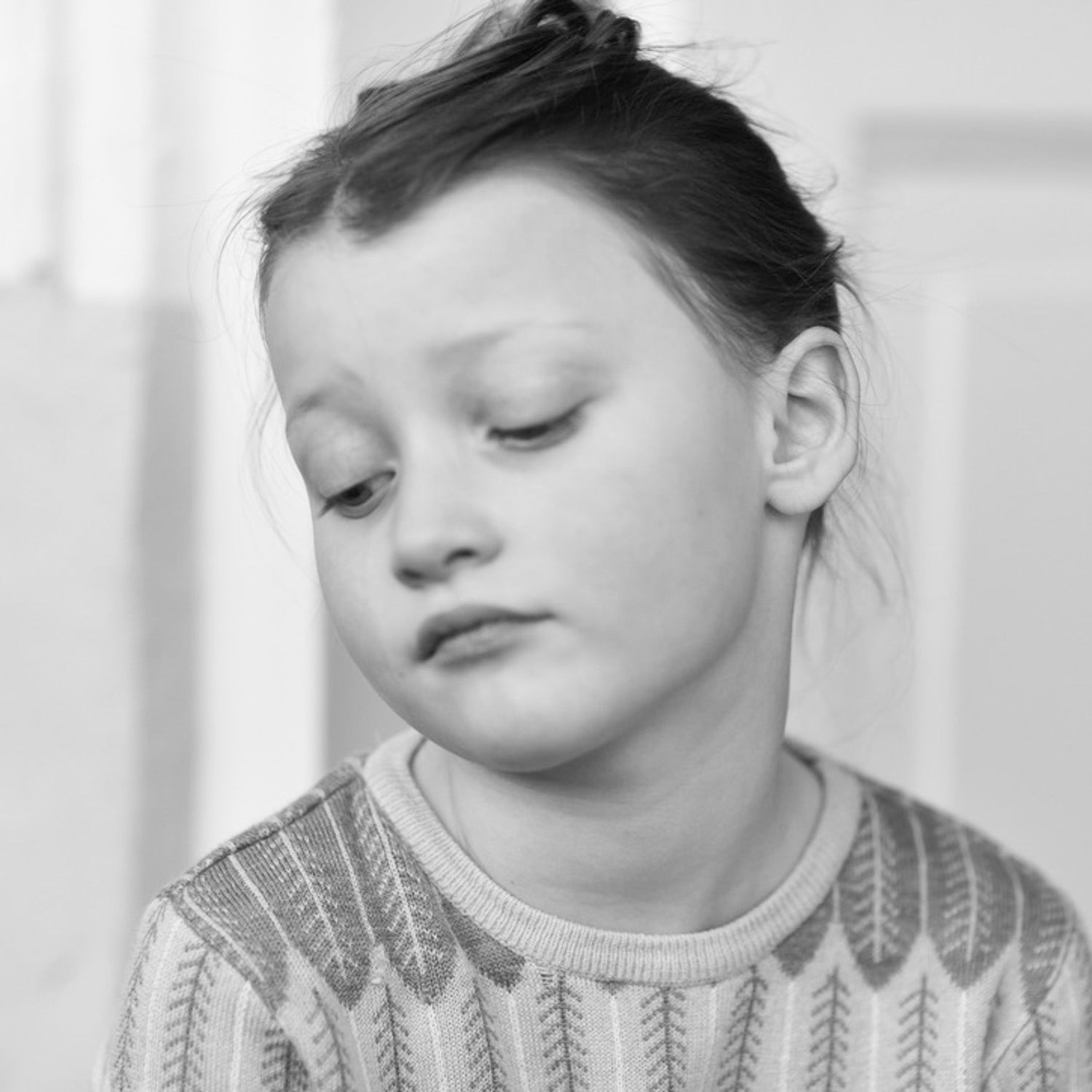During all the holidays of the year, the proportion of people who seek help for mental illness increases. Calls for example Breeze Also seems to increase every year. Some may be because we talk a lot about mental illness today - even though it is still difficult to admit that you feel bad, most people know that it is common and that there is help to get. Of course, this is a positive development. Another part is because mental illness is increasing. We do not do enough for all children and young people today to feel good. During holidays, what is difficult year -round may escalate. Parents who can't handle alcohol drink more then, relatives who don't really like each other should be seen and pretend that everything is ok. It is no wonder that what is difficult can feel even more difficult, around Christmas, Easter, Midsummer, etc.
Suicide Zero have written about what mental illness is:
“What is mental illness?
Mental illness is a unifying concept that includes both the various psychiatric conditions and some mental disorders that do not cause as large disabilities as in psychiatric diagnoses.
1. Mental disorders
May be anxiety, depression, difficulty sleeping or physical symptoms such as stomach pain and headache. These may be heavy to carry for the individual, especially if they are long -lasting, but should not be treated medically because the problems are a reaction to "things that belong to" that does not meet a psychiatric diagnosis. The trouble is transient and decreases when the situation changes or the person solves the problems or adapts to them. This may include, for example, concerns about the life situation or specific events.
2. Psychiatric conditions
means mental illness that is such that medical diagnosis can or should be made. A combination of symptoms must have existed for a longer continuous period of time and the condition causes impeding suffering or that functional ability deteriorates in everyday life, social, in work, studies or other activities. Psychiatric conditions are divided into diseases and syndrome as well as neuropsychiatric disabilities:
- mental illnesses and syndrome
May arise at any time in life, but in a large proportion it is already happening in childhood and adolescence. Examples of conditions are depression disease, anxiety disorder, fatigue syndrome, addictive diseases, eating disorders, bipolar disorder or psychosis diseases. Psychiatric conditions that require professional interventions such as medicine, psychotherapy and other treatments.
- neuropsychiatric disabilities (NPF)
shows up in childhood and usually remains limiting in adulthood. Examples of neuropsychiatric disabilities are ADHD, autism and intellectual disability.
3. Suicide - Suicide
has in a large proportion of connection with psychiatric conditions, and also some physical diseases, but most people with these do not kill or make suicide attempts. In suicide, there are also usually underlying factors of living conditions and coincidences and in a proportion of cases only such and not psychiatric conditions. Suicide can be seen as a psychological accident in which a person in a situation or for some time does not feel able to live when the problems look insoluble and unbearable. Social vulnerability such as unemployment, financial difficulties, life adjustments such as retiring, long -term illness, death or coming out about their sexual identity may be risk factors that increase the risk of suicide.
Stigma and shame of mental illness
There is still a stigma in society that affects people living with mental illness, which means that many people avoid talking about how to feel mentally because of shame. A narrow norm for what is considered normally can lead to people living with psychiatric conditions and mental suffering in many contexts being incorrectly regarded as weak or less worthy. This can lead to a worse response and discrimination, in the workplace, in the meeting with the care or among family and friends. The cause is often due to ignorance and prejudice.
It can be difficult to break free from feelings of stigma and shame, but there are many ways you can work to approach it. One way is to distinguish between action and person. Try to derive your feelings to specific events. For example, if you feel stressed and have difficulty in sleep, it may be because you have too much to do at work. It has nothing to do with you as a person or your work performance, but you simply have far too much to do.
In the work of preventing mental illness and suicide, efforts to reduce stigma are an important part. One of the most important tools for reducing stigma in society is increased openness and contact between people. A good response, openness and knowledge of psychiatric conditions and mental disorders facilitate the first step to seek help. Often, people experience a great relief when they gain both understanding, confirmation and acceptance from a professional point of view. "
We can think that a lot is something we already know - there is so much talk about mental illness today. We already know everything? But the subject is still taboo in many ways and we need to make visible what we can. At the same time, it can of course feel heavy - we talk and talk about relieving the symptoms but do we do something to cure the disease? Do we go to the essence of why so many young people feel as they do? That part is crucial, but until change has taken place we need to talk. We need to put mental health in the same place as physical health. Feeling good is about so many parts.
I finish with a list from Mind.se Over important phone numbers for children:
BUP offers psychiatric support, investigation and treatment for those who are under 18 years.
BRIS is open around the clock for you up to 18 years. You can contact me about exactly what you want. Call 116 111 or chat on bris.se.
Adults with questions about children are welcome to call BRIS support line for adults, 077-150 50 50.
Your ecpat is a place for everyone under 18 years. Here you can get help, support and knowledge of pictures, sexual violations, threats and online abuse or IRL. The chat and the support line is open Monday and Friday 15-17, Tuesday, Wednesday and Thursday 17-22. Phone number 020-112 100.
On -call buddy is a chatjour where children and young people up to 25 years can chat anonymously about anything.
Kill issues are a support chat run by the organization Men and is aimed at anyone who defines as a young guy between 10 and 20 years. The chat is open 16-17 and 19–21.
Kuling is a meeting place for those who have a parent with mental illness. Offers support in the form of chat, forums and support groups.
Dandelion children offer support via chat to those who have a parent who has an abuse, feel mentally ill or expose you to violence. Their support chat is open Sunday - Thursday 20-22.
The network hike chat is for you between the ages of 12 and 25. We listen to you if you just want to talk to any safe adult, or if you want to talk about something that feels hard and hard for you. Those who chat are people who work in the Swedish Church. Monday, Wednesday, Sunday 19-22.
Tilia provides human support for young and young adults, regardless of gender identity, where one lives in Sweden, whether one feels to have a mental illness or not. Their support chat is open Monday - Sunday 21-22.30 and Thursday 15-16.30.
Safe children exist for those who have a parent with an abuse, addiction or mental illness. Snapchat open weekdays 9-17 and 20–22 and weekends 14-16. Snapchatname: The safe.
UMO is a website for anyone between the ages of 13 and 25. At umo.se you can gain knowledge about the body, sex, relationships, mental health, alcohol and drugs, self -esteem and much more.
Young people gather all girls, transjources, guys and youth shelters in Sweden.
Young relationships provide support and information to you for 20 years who are exposed in your relationship, is a friend of someone who is it, or is the one who exposes. Chat open every night 20-22.





